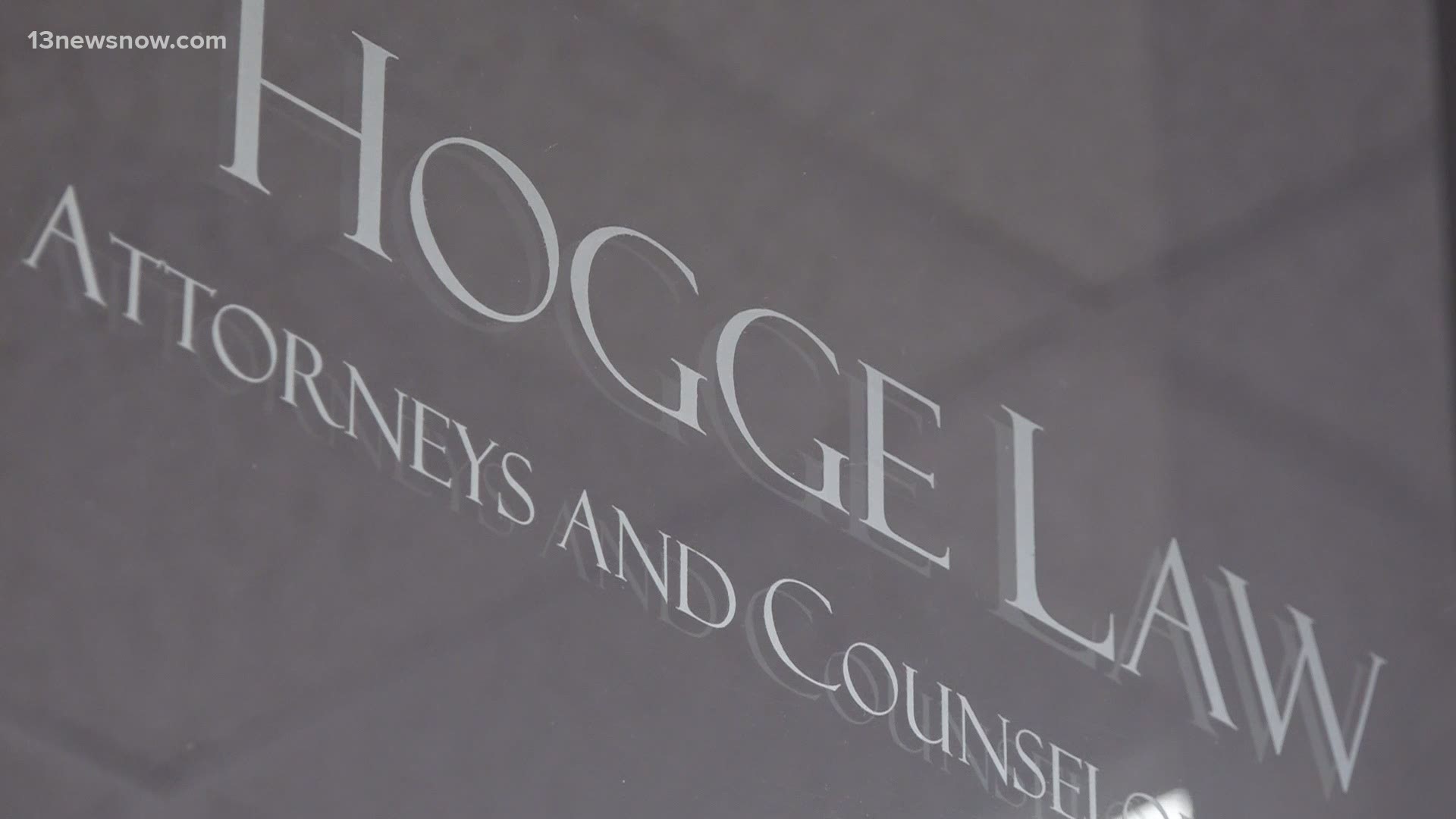NORFOLK, Va. — Americans everywhere are hopeful it won’t be long before the COVID vaccine is widely available to the general public.
On Monday, Dr. Anthony Fauci said he's optimistic that could be accomplished as early as spring 2020.
Hampton Roads native and Norfolk attorney Raymond Hogge Jr., with nearly 30 years working in labor and employment law, said the COVID vaccine could bring a new dynamic to the employee-employer relationship.
“Where it’s going to make the most difference probably: industries most severely impacted by shutdowns. Restaurants that can’t stay open because there aren’t enough customers," Hogge Jr. said.
Ultimately, employers are legally within their rights to mandate a COVID vaccine for employees to continue working according to Hogge Jr., but whether they do would depend on if they thought this kind of policy would be worth instituting.
“Employers have a legitimate and compelling interest to getting their employers into a workplace, and a workplace that’s safe," Hogge, Jr. said. "Because since no law generally prohibits them from doing that: yes, it’s legal for the employers to require vaccinations before coming into work, but there's caveats."
Hogge Jr. said valid medical and religious reasons could result in exemptions from these employer policies, citing potential violations of the Americans with Disabilities Act and the Civil Rights Act of 1964 that prohibits religious discrimination in the workplace.
General disapproval of the vaccine, or an unwillingness to consent to it, wouldn't legally hold up.
“It’s your choice. If your employer requires vaccinations and you don’t have one of the legally recognized reasons to not get one, you have a choice: get the vaccination and go back to work, or don’t get the vaccination and don’t go back to work. That’s your choice," Hogge Jr. told 13News Now in an interview Monday.
“If I had a consultation, and an employee [of another employer] came to me said ‘I don’t want to get it because I don’t like shots.’ That’s not a valid reason, just because you don’t like shots."
Hogge Jr. himself represents both employers and employees in labor and employment law and says many lawyers like himself are in new-found territory.
“We don’t have judicial interpretations to look at, to tell us what’s right and wrong," Hogge Jr. said. “It's hard to look down the road and be certain what the answer to the question will be. It hasn’t been fleshed out, we’re at the beginning of that process.”

